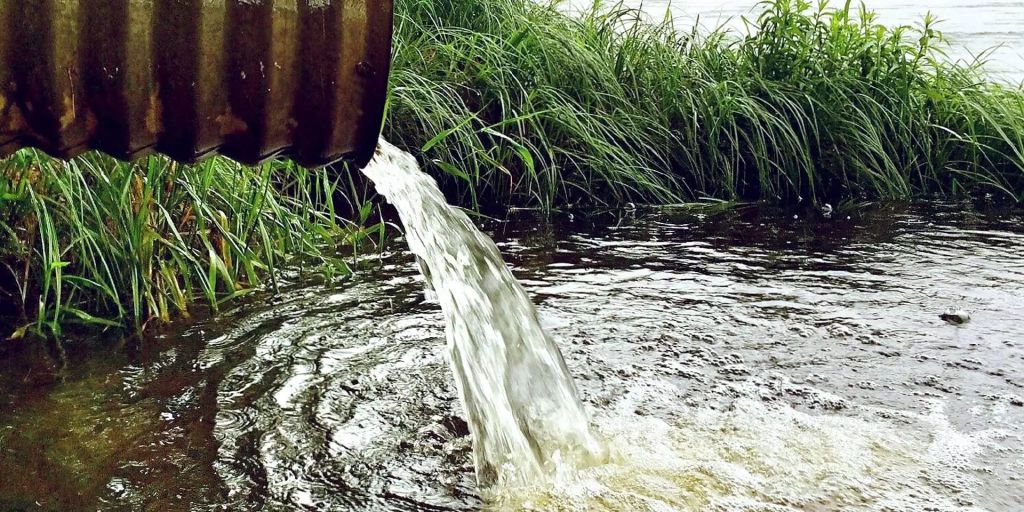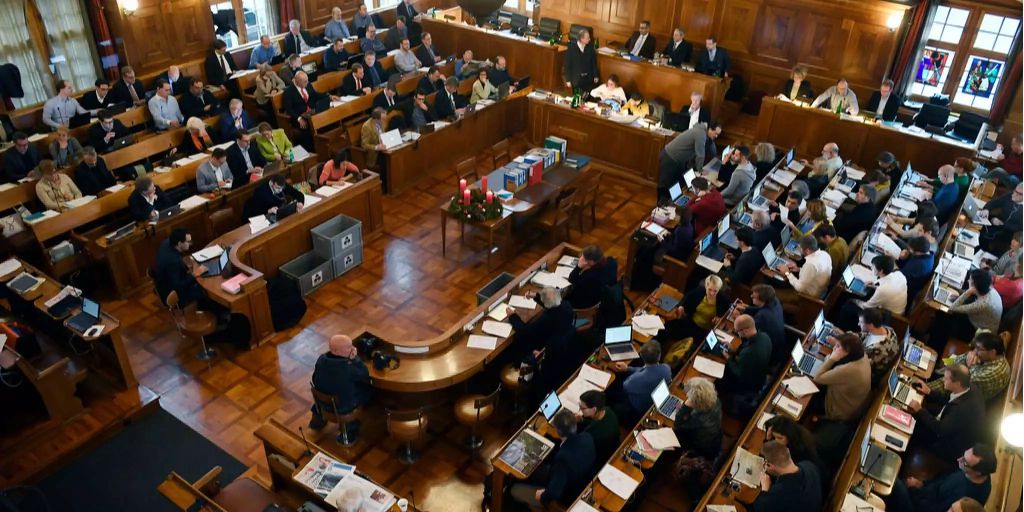Lower wastewater charges will apply in Zurich from 2022
On January 1, 2022, the city of Zurich’s new wastewater charges will come into force. The fees are reduced by 80 percent for a limited period in order to reduce the high financial reserves.
The city of Zurich’s new wastewater charges will come into force on January 1, 2022. All fees are reduced by 80 percent for a limited period in order to reduce the excessively high financial reserves in the wastewater sector.
The fee payers are relieved of CHF 60 million per year. Tenants can benefit from the reductions through lower ancillary costs. In March 2021, the municipal council passed the completely revised ordinance on fees for wastewater management. The city council puts it into effect on January 1, 2022.
The most important goal is to reduce the excessively high financial reserves in the wastewater sector of 301 million francs (as of December 31, 2020) and to raise the fees in line with the expenditure. In addition, the fees are more environmentally oriented.
Relief of CHF 60 million per year
With the reduction of all fees by 80 percent in the years 2022 to 2025, the fee payers will be relieved of 60 million francs per year. In the following years, the city council has the authority to determine further reductions so that the target reserve level of 40 to 60 million francs is reached by 2029.
Thereafter, the ordinary fees according to the revised ordinance come into force. YOU relieve the fee payers compared to the current fee model by 13 million francs per year and ensure a larger financial budget.
Tenants pay for wastewater through the ancillary costs
The basic fee per residential unit will be collected from the property owners by ERZ Disposal + Recycling Zurich. The quantity fee is based on the drinking water consumption and IS invoiced by the water supply Zurich – with the owner.
The average water consumption in the household is around 60 cubic meters per person per year, which results in a regular wastewater charge of just under 100 francs per person per year. Tenants usually pay the sewage fee through the additional rental costs. This means that you can benefit from the fee reductions indirectly through lower ancillary costs.
Ecological design of wastewater charges
Companies that discharge heavily polluted wastewater into the sewer system will have to pay more in the future. This so-called “heavy polluter surcharge” increases the costs depending on the degree of pollution of the discharged wastewater. Individual industrial companies and municipal administration companies are affected by this.
Anyone who collects rainwater and uses it to flush the toilet, for example, will no longer have to pay a volume fee for it in the future. In addition, the area-dependent basic charge for rainwater is now reduced by up to 100 percent if rainwater is not discharged via the public sewer system, but instead, for example, infiltrates via a licensed system.
More on the subject:




